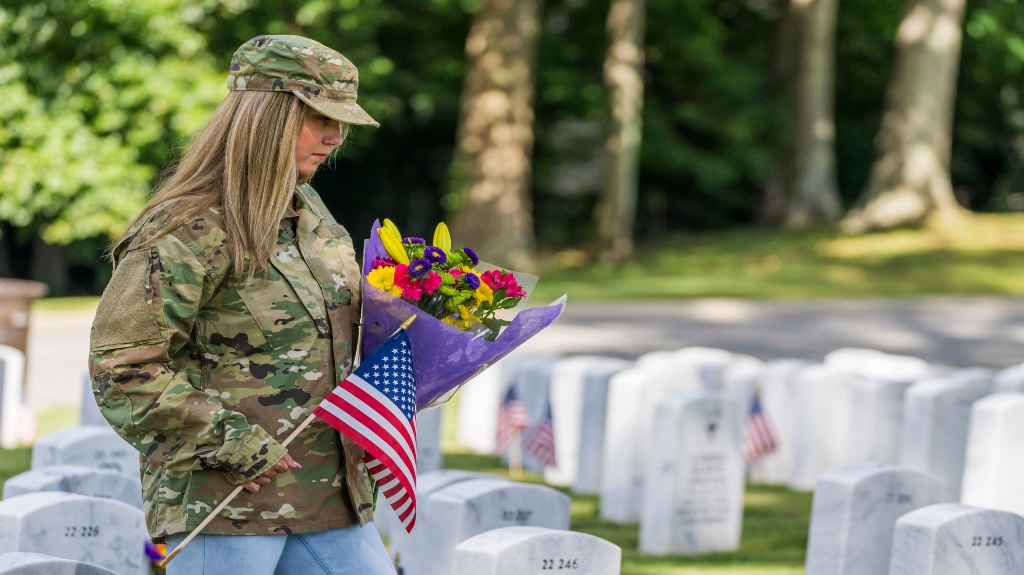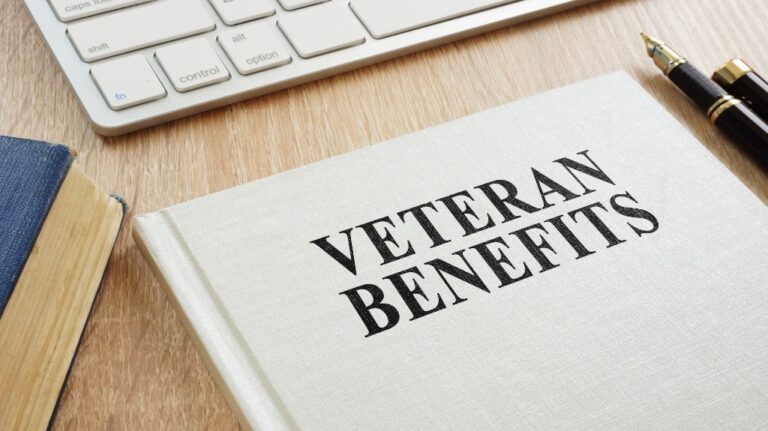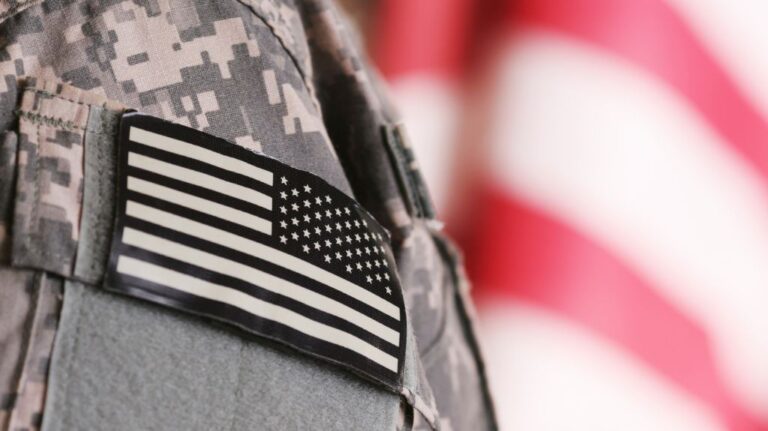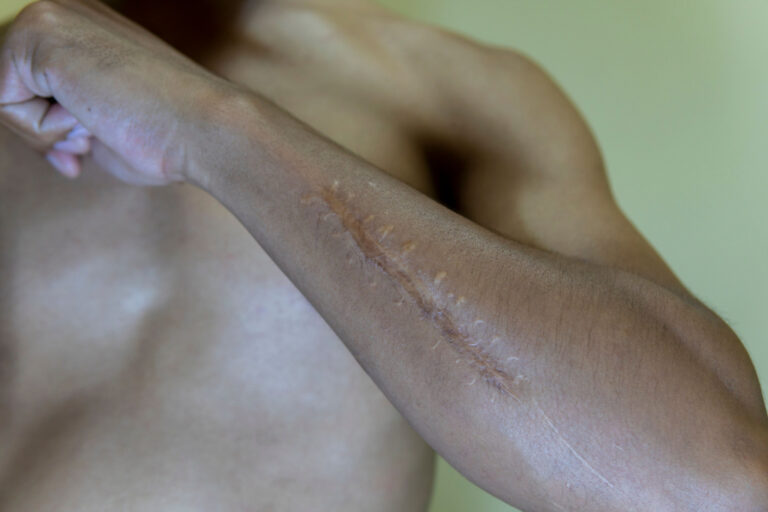100% Disabled Veteran Benefits for Spouses After Death
When a veteran passes away, their spouse may be eligible for various benefits provided by the Department of Veterans Affairs (VA). These benefits can offer financial support and other resources to help spouses manage during a challenging time. This blog will outline the key benefits available to spouses of 100 percent disabled veterans after their death, including Dependency and Indemnity Compensation (DIC), Survivors Pension, education benefits, and health care options.

Dependency and Indemnity Compensation (DIC)
What is DIC?
Dependency and Indemnity Compensation (DIC) is a tax-free monthly benefit paid to eligible survivors of veterans who died in the line of duty or from a service-related injury or illness. This benefit aims to provide financial stability to the surviving spouse and dependent children.
Eligibility for DIC
To qualify for DIC, the surviving spouse must meet certain criteria:
- The veteran must have died while on active duty, active duty for training, or inactive duty training.
- The veteran must have died from a service-connected disability.
- The surviving spouse must have been married to the veteran for at least one year or have a child together.
How to Apply for DIC
Surviving spouses can apply for DIC by completing VA Form 21P-534EZ, “Application for DIC, Death Pension, and/or Accrued Benefits.” This form can be submitted online, by mail, or through a VA-accredited representative.
Survivors Pension
What is Survivors Pension?
The Survivors Pension is a needs-based benefit paid to the low-income, un-remarried surviving spouse of a deceased wartime veteran. This pension provides financial assistance to help cover basic living expenses.
Eligibility for Survivors Pension
To qualify for the Survivors Pension, the surviving spouse must meet the following criteria:
- The deceased veteran must have met certain active duty service requirements.
- The surviving spouse must have a low income below the yearly limit set by Congress.
- The surviving spouse must be un-remarried.
How to Apply for Survivors Pension
Surviving spouses can apply for the Survivors Pension by completing VA Form 21P-534EZ, similar to the DIC application process. Submission can be done online, by mail, or through a VA-accredited representative.
Education Benefits
Dependents’ Educational Assistance (DEA) Program
The Dependents’ Educational Assistance (DEA) Program, also known as Chapter 35, provides education and training opportunities to eligible dependents of veterans who are permanently and totally disabled due to a service-related condition, or who died while on active duty or as a result of a service-related condition.
Eligibility and Benefits
- The surviving spouse may be eligible for up to 45 months of education benefits.
- These benefits can be used for degree and certificate programs, apprenticeships, and on-the-job training.
- Some spouses may also be eligible for correspondence courses, remedial, deficiency, and refresher courses.
How to Apply for DEA
Surviving spouses can apply for DEA benefits by completing VA Form 22-5490, “Dependents’ Application for VA Education Benefits,” either online or by mail.
Health Care Benefits
CHAMPVA
The Civilian Health and Medical Program of the Department of Veterans Affairs (CHAMPVA) provides health care benefits to the surviving spouses of veterans who died from a service-connected disability.
Eligibility for CHAMPVA
To qualify for CHAMPVA, the surviving spouse must not be eligible for TRICARE and must meet one of the following criteria:
- The veteran died from a VA-rated service-connected disability.
- The veteran was rated permanently and totally disabled at the time of death.
How to Apply for CHAMPVA
Surviving spouses can apply for CHAMPVA by completing VA Form 10-10d, “Application for CHAMPVA Benefits,” and submitting it along with required documentation to the VA Health Administration Center.
Conclusion
The loss of a veteran can be an incredibly challenging time for their spouse. However, the VA provides a range of benefits designed to offer financial support and stability. Understanding and accessing these benefits, such as DIC, Survivors Pension, education benefits, and health care options, can help ease the burden. For assistance with applying for these benefits, contact VA Benefits Attorneys Powered by Tabak Law for expert guidance and support.







